We've been hearing all sorts of new Korean words from watching Kingdom, the hottest Korean dramas on Netflix at the moment and set in the Joseon Dynasty. What do they mean when they say 'Ma-Ma'? What social status did the butchers belong in? Check out our guide to Joseon's class system below.
Wang (King)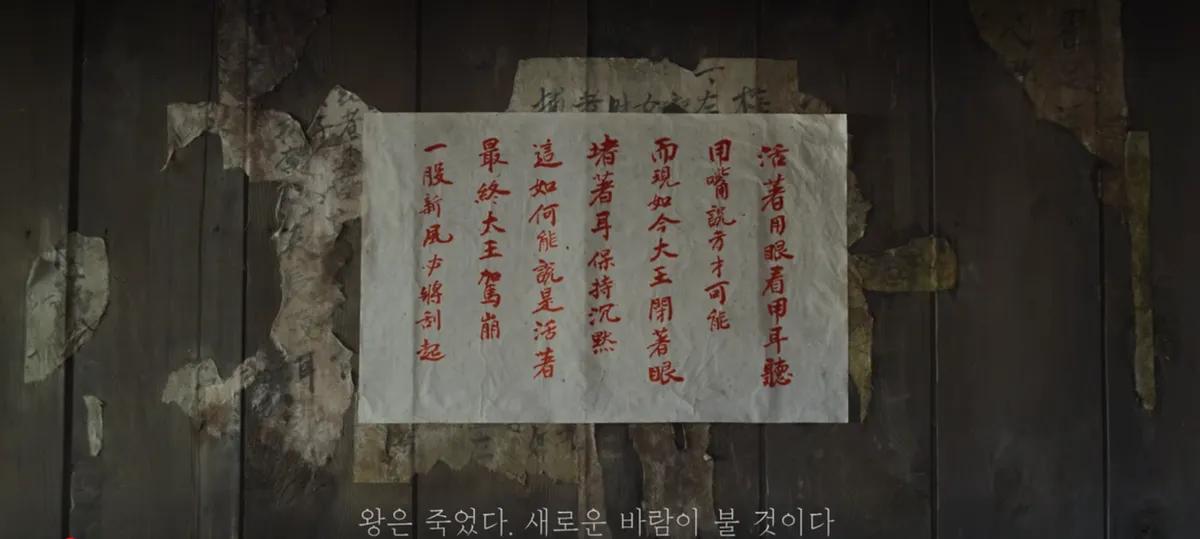
Source: Kingdom, Netflix
Korea was nominally a vassal state of the Chinese emperor in the Joseon Dynasty, and the supreme leader could not be called an emperor (otherwise, it would conflict with the Chinese emperor). Therefore, the supreme ruler at the time was called the Wang.
Other ministers honoured the king as 'Jeo-Ha (Your Highness)', 'Dae-Wang (Great King)', or 'Wang (King)'.
Seh-Ja (세자)
Source: Kingdom, Netflix
Wang's son, is called Wang Seh-Ja, a title mostly used in the Joseon Dynasty during the Ming Dynasty in China. On Kingdom, you can also hear the inferiors of the crown prince (played by Ju Ji-Hoon) respectfully call him by 'Seh-Ja' or 'Jeon-Ha'.
Joong-Jeon Ma-Ma (중전마마)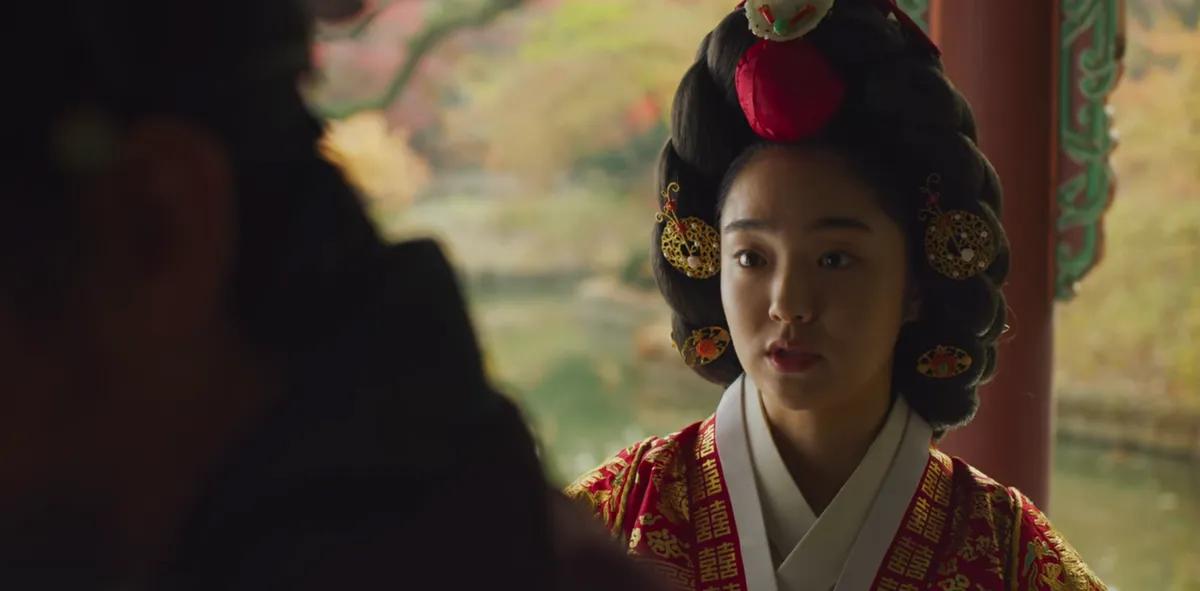
Source: Kingdom, Netflix
The title 'Ma-Ma' we often hear on historic Korean dramas is simply used to call women of honorific titles or class. The word joong-jeon was originally used to refer to the living quarter of the wang-hu (queen). From 1432 (14th year of Sejong's ruling), the title of wang-hu became only permissible to those deceased, so the queen had to be called 'Wang-Bi' or 'Joong-Jeon Ma-Ma' instead.
Won-Ja (원자)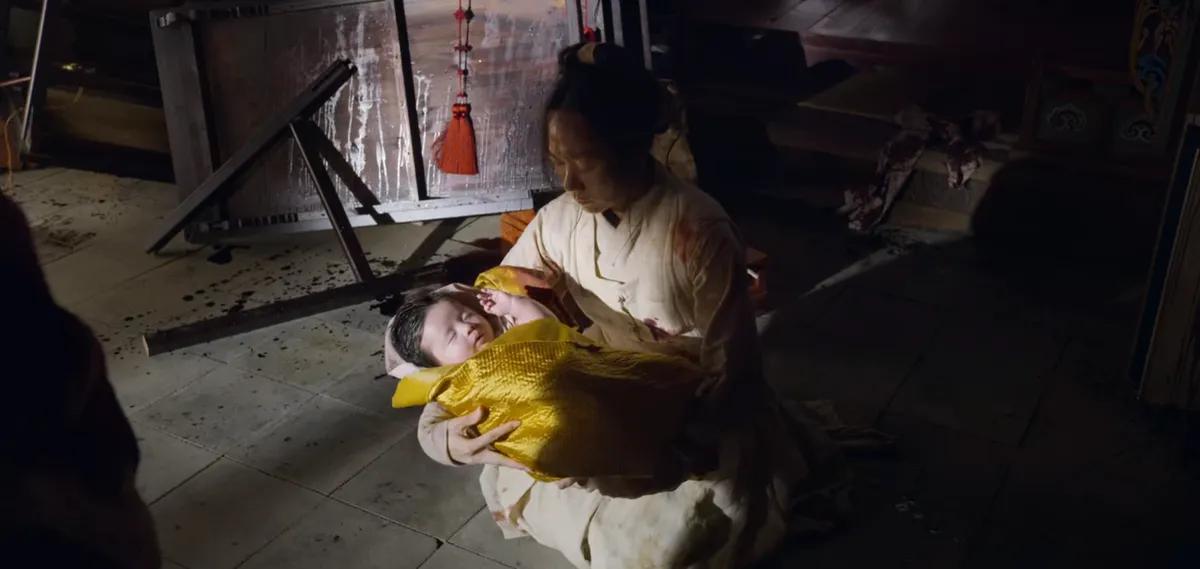
Source: Kingdom, Netflix
On Kingdom, Lee Chang is given the title of Won-Ja following the birth of a son from the King and the Queen according to the court ethics, taking away his succession right off the throne.
Ma-Ma (마마)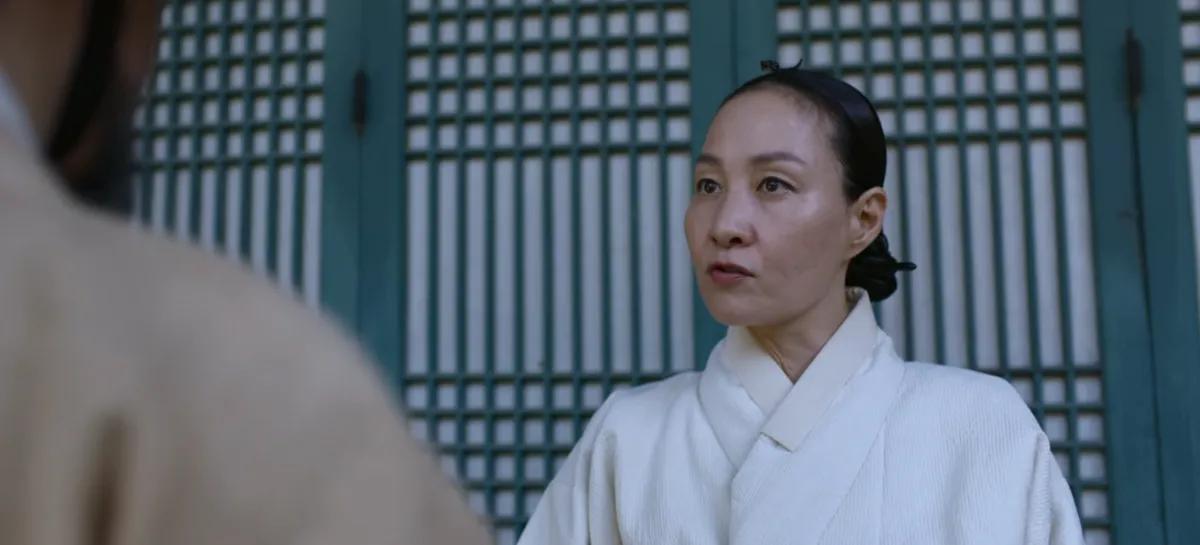
Source: Kingdom, Netflix
You guys probably heard this multiple times on the drama, right? In the Joseon Dynasty, 'Ma-Ma' was used to call the queen, the mother of the queen and the concubines, but later became an acceptable term to call court ladies as well.
The respectful suffix 'Ma-Ma' can be added to men as well.
Sang-Goong (상궁)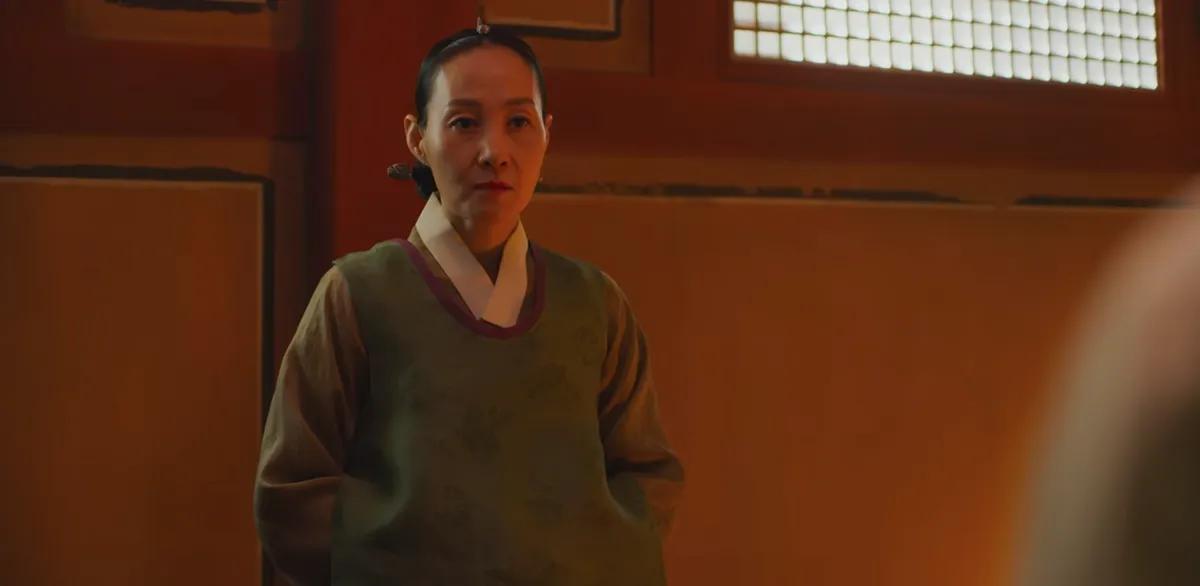
Source: Kingdom, Netflix
The word Sang-Goong's origin goes as far back to China's Sui Dynasty. In the Qing Dynasty, the roles of female officials were abolished. On Kingdom, Sang-Goong is a word used to refer to female officials who work inside the palace.
Commanding Sang-Goongs had the most power. They lived in the palace in close proximity to the Queen and served her. They started training at young ages, born in important families and served the royalties.
The title Sang-Goong wasn't only available to female officials. If court ladies were favoured by the royalties, they were first given the title of 'Sung-Eun Sang-Goong,' Sang-Goongs who received the royal favours.
Yang-Ban (양반)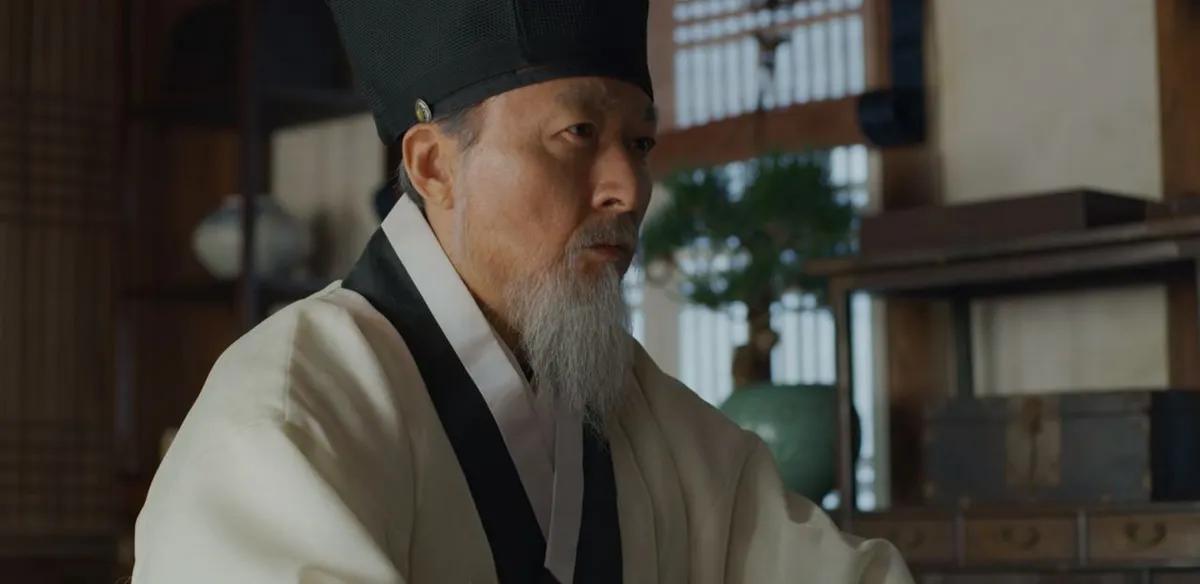
Source: Kingdom, Netflix
Joseon Dynasty had a strict class system. In addition to royalties, there were commoners and peasants. Then, the commoners were further divided into 4 categories, Yang-Ban being the highest class among them.
The class system in the Joseon Dynasty was so rigorous that Yang-Bans could not choose to work in small businesses and farming, they could only go down the path of academia.
Joong-In (중인)
Source: Kingdom, Netflix
Joong-In would be the second class out of the 4 commoner categories. A child born from a Yang-Ban father and a Sang-Min (a class below Joong-In) mother would be categorized into this class.
They could become government officials but were not able to be given important roles or be involved in politics. Rather, they were given the roles involving more menial tasks.
Sang-Min (상민)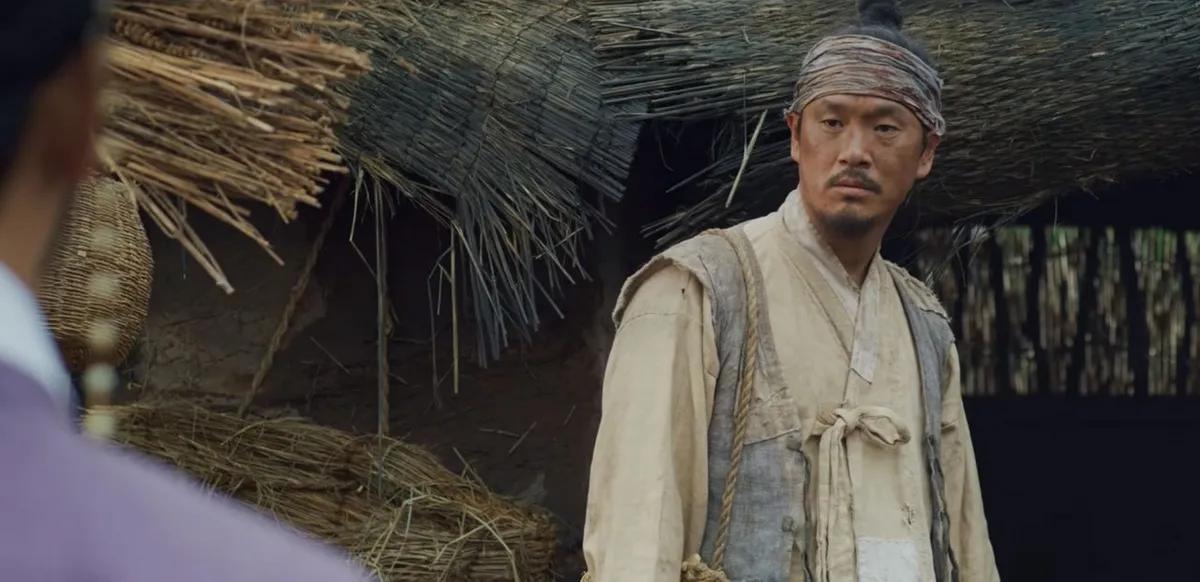
Source: Kingdom, Netflix
About 75% of the population at this time was in the Sang-Min class. They were farmers, fishermen and traders. Most of them worked on Yang-Ban's estates as ordinary people.
They weren't able to participate in Gwa-Ge(government exams that were more academics- and literature-based) but were able to take more technical Jap-Gwa examinations. Passing the Jap-Gwa examinations would up their social status to Joong-In.
Baek-Jeong (백정)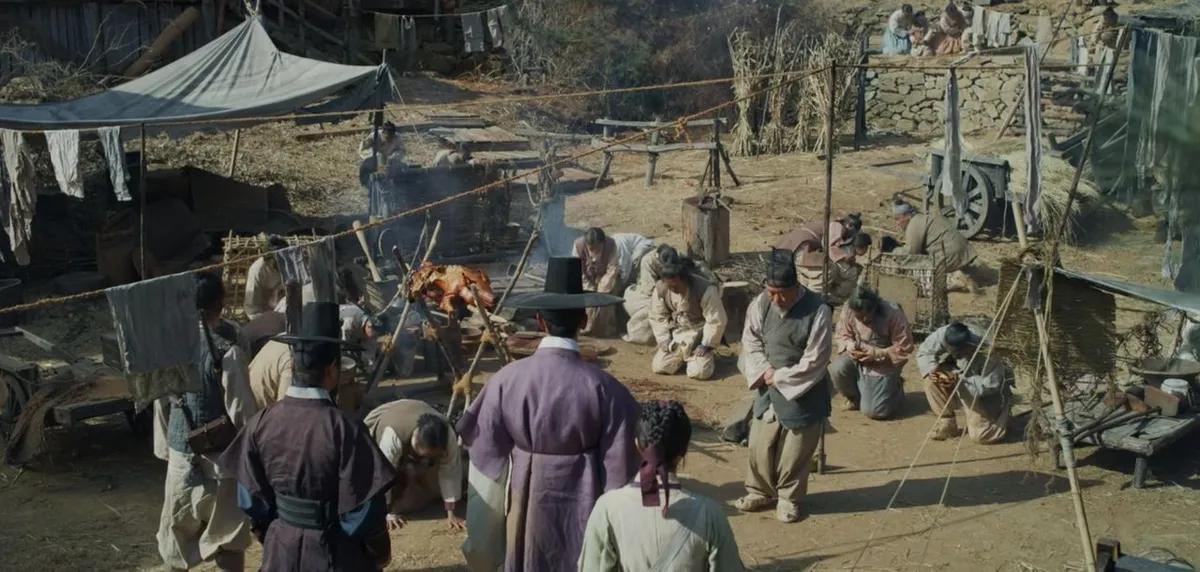
Source: Kingdom, Netflix
The lowest of the commoners class and the lower middle class of the society, Baek-Jeongs were illiterate and mostly given jobs as butchers and executioners.
Cheon-Min (천민)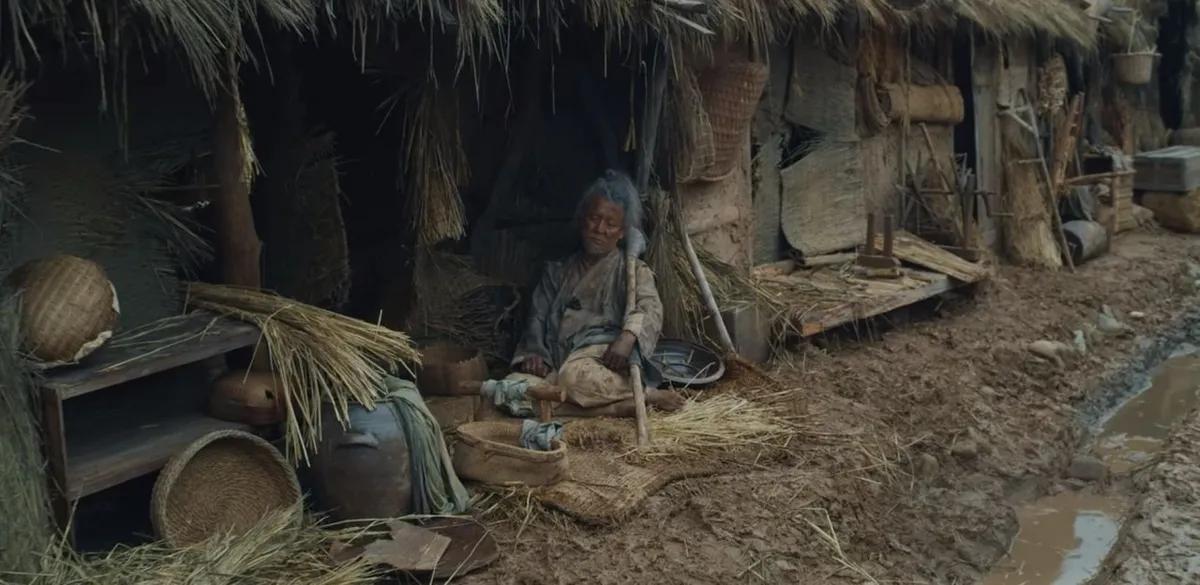
Source: Kingdom, Netflix
As the lowest class of the society, most Cheon-Mins worked as slaves and prostitutes.
Even if a Cheon-Min woman bore a Yang-Ban's child, the child would still be a Cheon-Min because of the Joseon Dynasty's class system of following the Mother's social status. If a Cheon-Min were to pursue a rise of their status, they would have to pass a Jap-Gwa examination and would be given a Joong-In status then.
What did you think of the class system of the Joseon Dynasty? For all of your Kingdom fans out there, do you think you'd be able to relate to the storyline even more? Feel free to leave your questions and comments down below!
Book all things trending in Korea on Creatrip! If you have any questions or concerns, please leave a comment below or send us an email at help@creatrip.com! You can follow us on Instagram, TikTok, Threads, and Youtube to stay updated on all things Korea!




